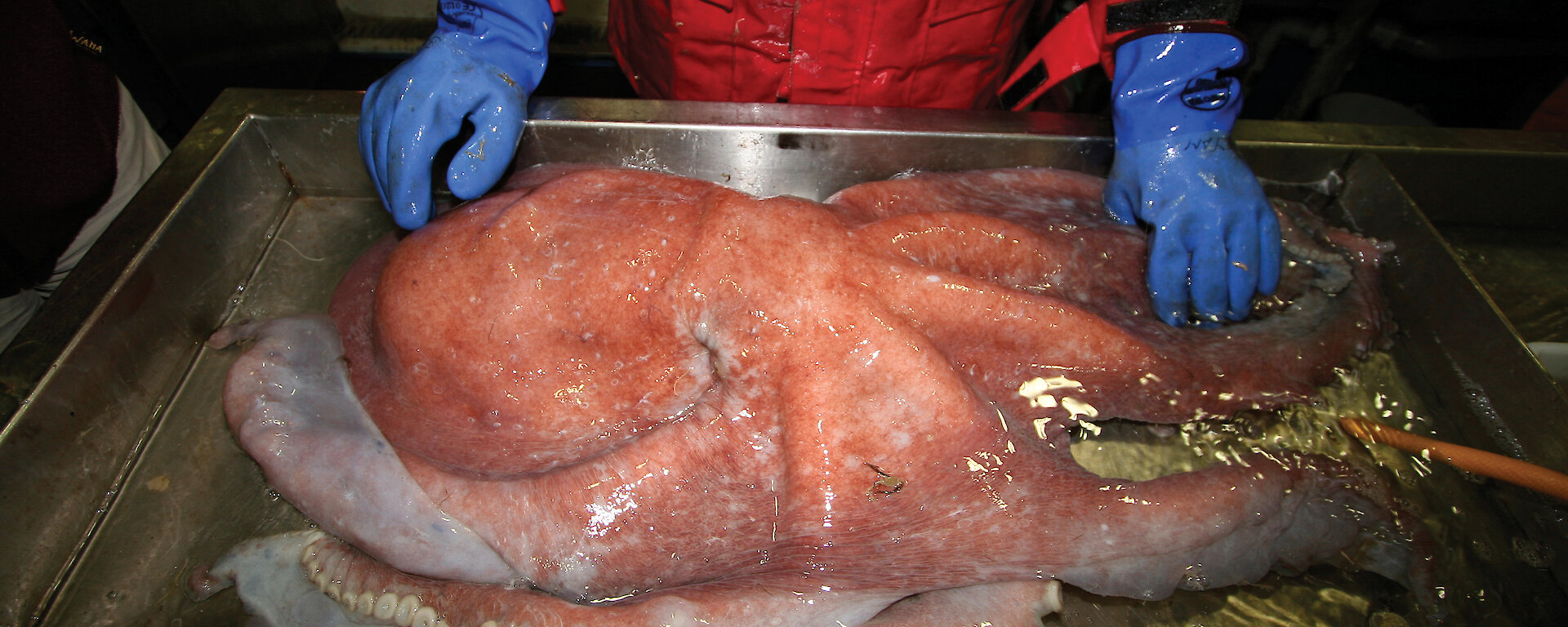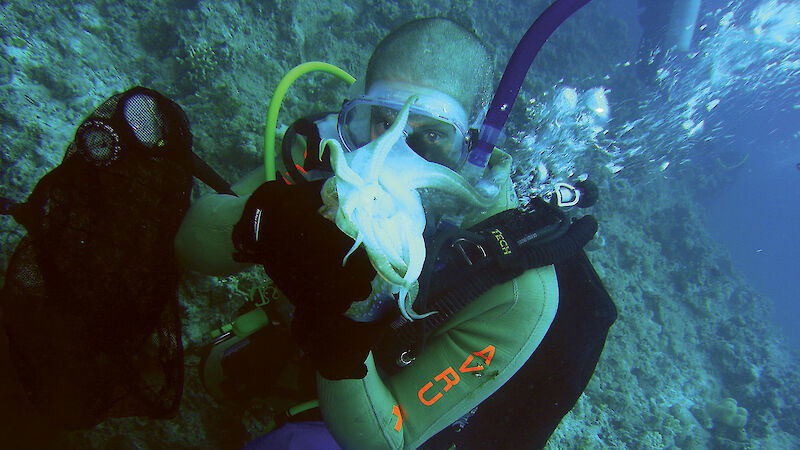In 2007, University of Melbourne venom researcher, Dr Bryan Fry, travelled to Antarctica with the Australian Antarctic Division, where he collected 203 Antarctic octopuses.
Since then, Dr Fry and an international team have genetically profiled each specimen to identify the species — resulting in four new species — and collected venom for laboratory analysis.
Dr Fry says the venom analysis revealed that Antarctic octopus venom harbours a range of toxins, two of which have not previously been described.
‘We have discovered new small proteins in the venom with very intriguing activities. These are potentially useful in drug design, but more will be revealed as the study continues,’ he says.
The study follows Dr Fry’s revelation last year that all octopuses are venomous. His team then embarked on a huge task to collect and study completely novel venoms to gain a greater understanding of how they work.
‘An understanding of the structure and mode of action of venom found in all octopuses may help design drugs for pain management, allergies and cancer,’ he says.
Dr Fry says this is the first study that has collected Antarctic octopus venom and confirmed that the animals have adapted it to work in sub-zero temperatures. The next step is to work out what biochemical tricks they have used.



